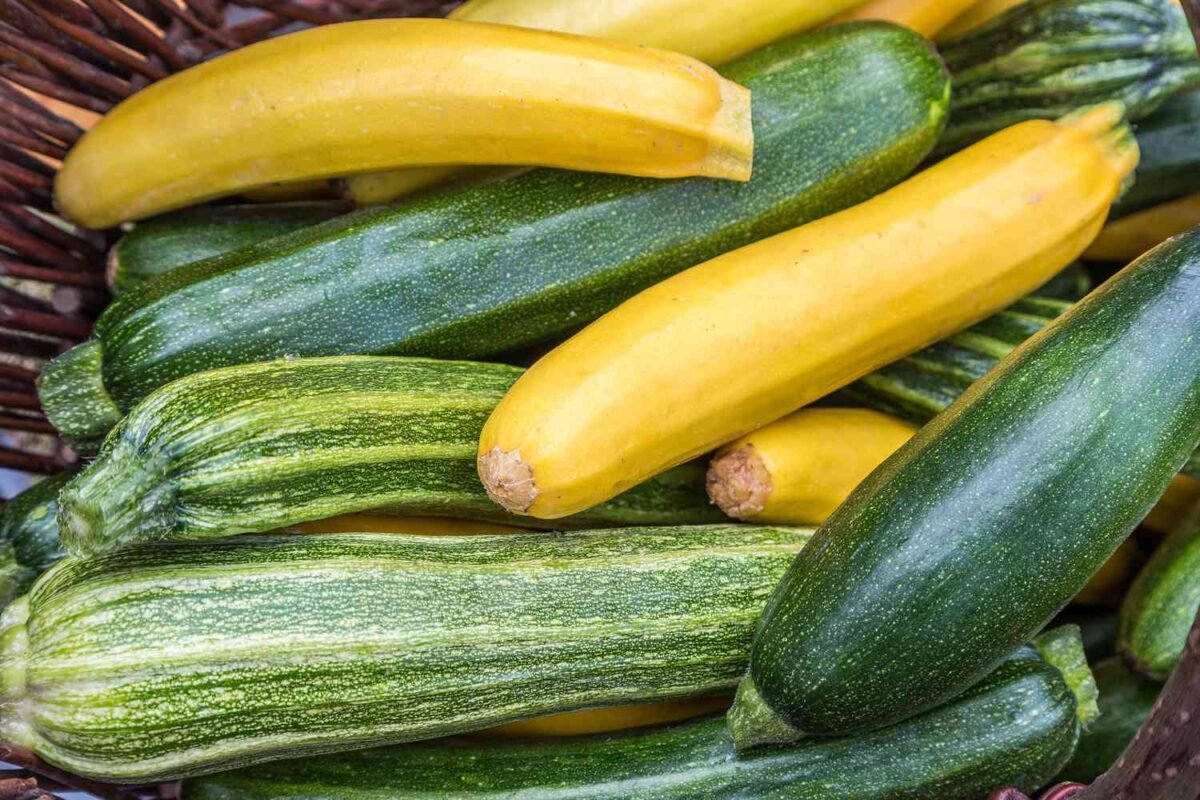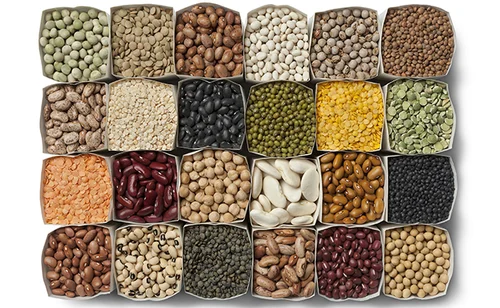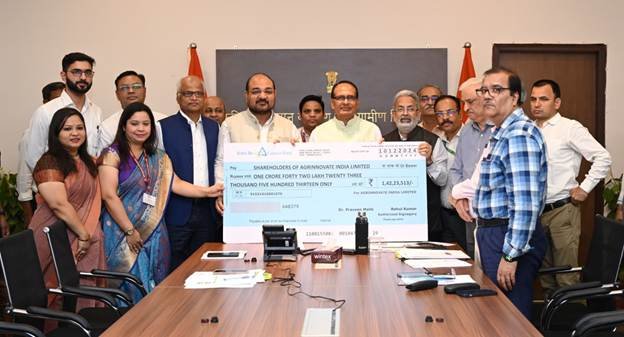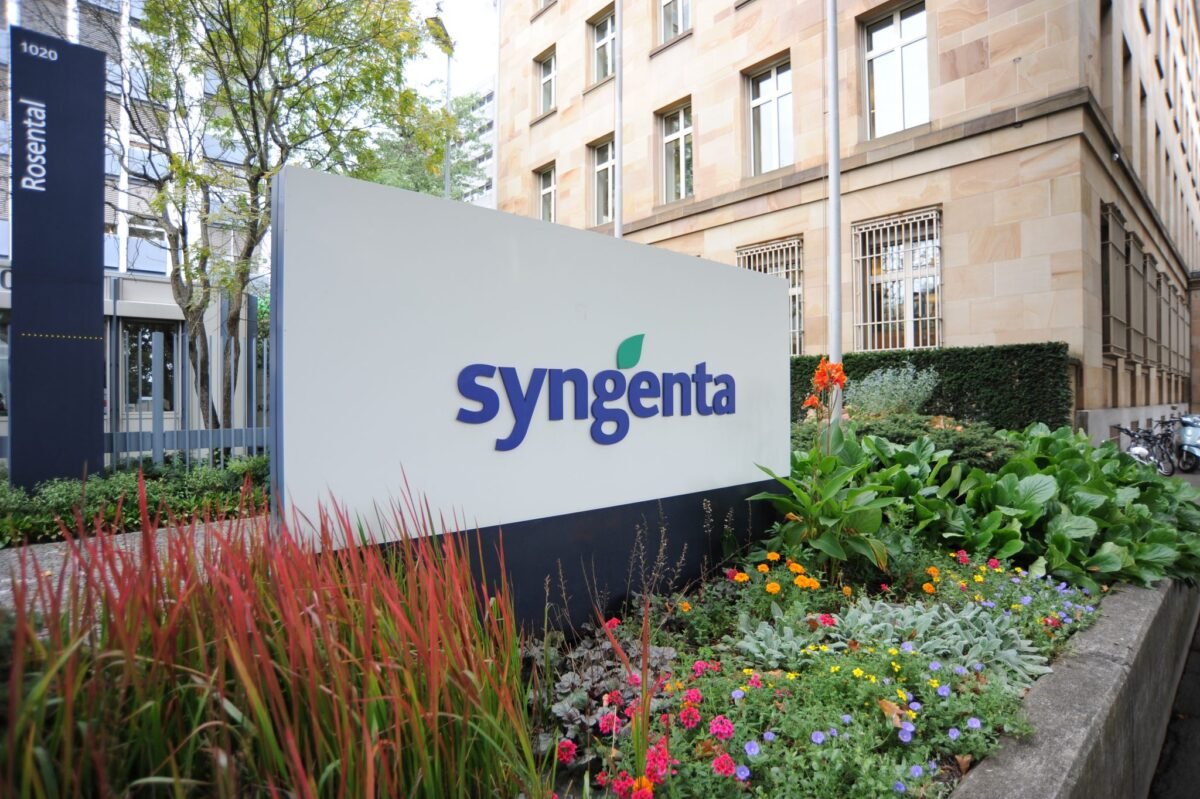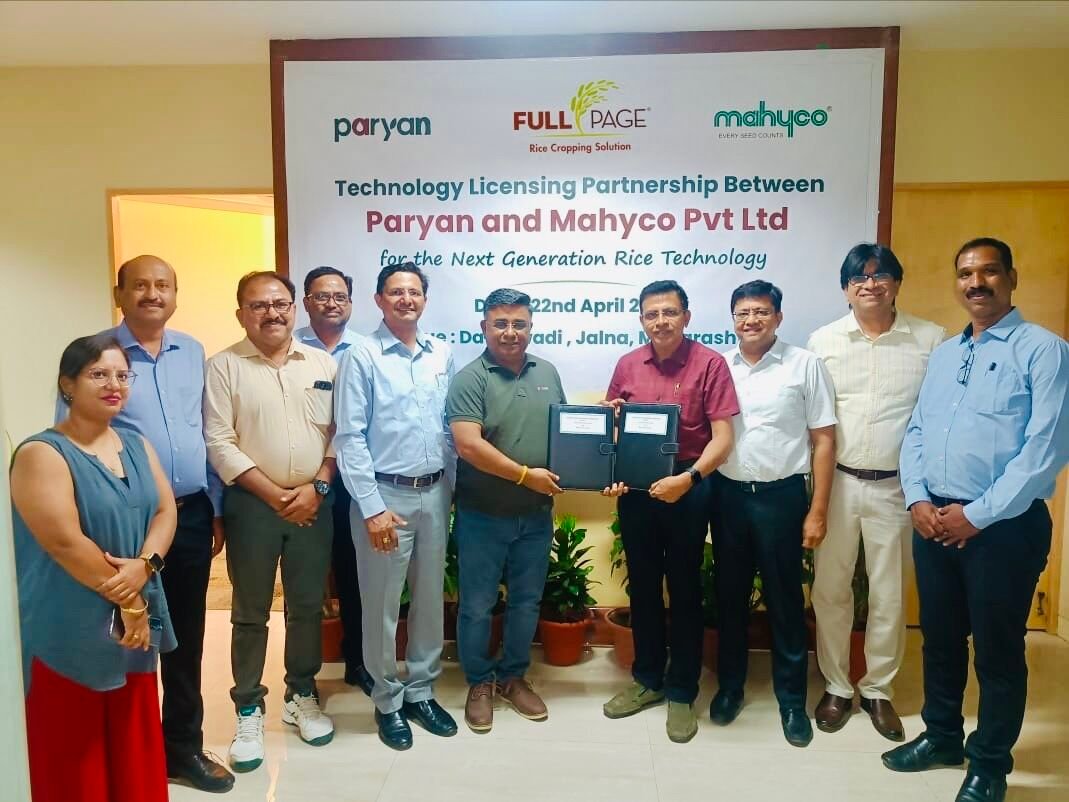Syngenta creates locally-adapted, disease-resistant vegetable seeds
Fresh squash is increasingly popular as consumers seek healthier diets. Its vibrant colors, nutritional benefits and quality make it a favorite. But it’s getting tougher for squash farmers worldwide who are facing growing challenges from aggressive diseases that threaten their crops. One major concern is the Tomato Leaf Curl New Delhi Virus (ToLCNDV), which is causing significant losses in Europe and North Africa. This aggressive virus, spread by whiteflies, affects the plant development, blocking its growth, deforming the fruit and reducing the yield
″We’ve seen ToLCNDV spreading rapidly in the past year,″ says Guillaume Menet, who leads the global squash breeding program at Syngenta, a company known for its disease-resistant squash varieties. ″This virus has a huge impact for the growers in both open-field and passive greenhouse cultivations, from summer to winter.″
Planting disease-resistant varieties as part of a disease management program is the best defense. That’s why Guillaume and the Syngenta teams have swiftly introduced ToLCNDV-resistant zucchini, cucumber, and melon varieties.
When a major disease emerges or becomes more aggressive, Syngenta’s global teams have the capacity to act quickly. The commercial and trialing teams, who work closely with growers, are well-placed to identify early signs of new potential threats. Close collaboration between marketing, R&D, and breeders allows Syngenta to develop and test solutions rapidly.
″A rapid response is crucial for diseases like ToLCNDV, where there are limited options for containing the pathogen and its vector,″ Guillaume explains.
While ToLCNDV is hitting the headlines in Europe, other viruses and fungal diseases affect squash growers globally. Zucchini yellow mosaic virus, Watermelon mosaic virus, Papaya ringspot virus, and powdery mildew are among the threats in both the U.S. and Europe. Syngenta develops a wide range of diverse solutions to meet these varied needs.
″Viruses are common in squash and impact different regions at different times,″ says Rebecca Wente-Naylor, a cucurbits product specialist at Syngenta, who works closely with U.S. growers. “By slotting squash varieties that fit their specific needs for each time and location, growers can balance profitability, yield potential, and disease protection.”
In the U.S., squash consumption has risen sharply, even as domestic production declines. Syngenta is developing solutions specifically for U.S. growers, including virus resistance and downy mildew.
In Europe, Syngenta is proposing resistance to the more aggressive Moroccan strain of Watermelon mosaic virus, which has severely affected Italy. The team is also working on resistance to Squash leaf curl virus, a significant threat in the Middle East and some areas of Mexico.
Syngenta has worked for many years to provide these diverse solutions and at speed. The company has a global R&D and commercial presence and a solid breeding program, with vast and diverse genetic resource.
Guillaume and his team have already developed disease-resistant varieties against Zucchini yellow mosaic virus, Watermelon mosaic virus, Papaya ring spot virus, Cucumber mosaic virus, ToLCNDV, powdery mildew, and downy mildew. In some cases, as known diseases become more aggressive, what’s needed is to keep breeding for an even higher level of resistance.
Among many varieties with multiple disease resistance are Bladerunner, Fortress, Zeus, and Zefiros. Specifically, for ToLCNDV, Syngenta’s offer includes Delfos ND, Zeus ND, Herakles ND, Alpha ND, and Lambda ND for protected cultivation, and new varieties are under development for open field production.
Guillaume oversees the squash breeding and discovery projects globally, collaborating with other breeders and scientists to implement the research strategy. Whether breeding a new variety to mitigate an emerging disease, or developing greater resistance in existing varieties: ″We have access to the right genetics and a strong pipeline of varieties,″ said Guillaume. ″Disease resistance is – and always has been – a top priority for Syngenta.″
Fresh squash is increasingly popular as consumers

